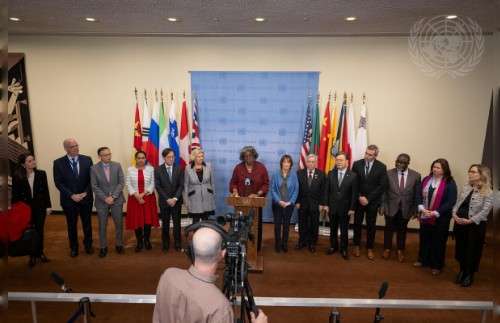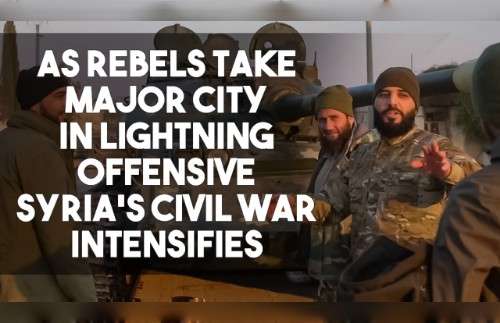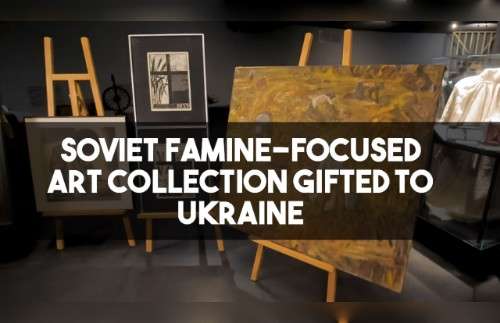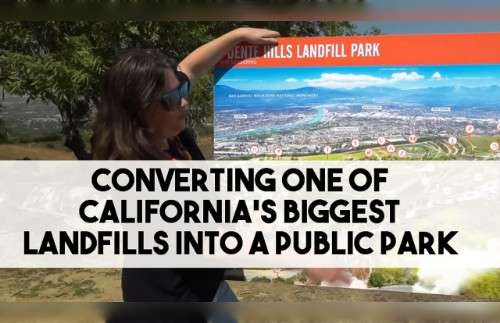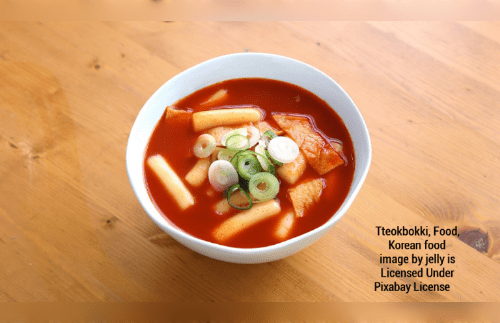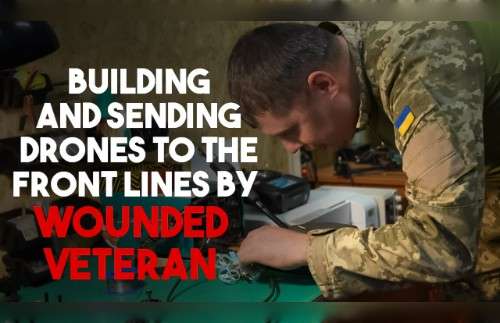Weeks after sexual violence attacks on vulnerable civilians in South Sudan’s Unity region came to light, rape victims are coming forward to narrate their ordeals.
A South Sudanese rape victim at an undisclosed location said that she and another woman helplessly struggled in the hands of their molesters.
The 18-year-old mother of two re-counts that she and her friend were then held for eight hours before being released into the night.
Weak and in pain, they were both helped to the nearest non-functioning hospital after being found helpless, to seek medical attention which they did not receive immediately.
According to a female victim of Sexual Assault,”We were coming back from the town, and on our way, we found people, and these people looted our items, and after that, they tied us for eight hours in the bush, and then at 4 am, they released us.”
According to the victim, this happened to her in early November.
A female victim of Sexual Assault said,“We can tell the government that the people who are raping women on the road they can remove them from the road, because if they remove them, they will not rape them.”
Following the reports, the United Nations Mission in South Sudan (UNMISS,) which has been tasked with the ‘Protection of Civilians’ mandate, intensified patrols in the areas where the attacks were reported to have taken place, and at the same time redeployed engineers to work on clearing roads leading to paths women used to walk to collect food.
The confidence-building patrols often-times stop on the roads with members stepping out to speak to some of the people they meet walking long distances to find food.
As a high priority task, the Indian and British engineering teams deployed will continue to clear the roads for the next 10 days and will work from dawn to dusk to meet their deadline, to allow big trucks to ply the road, which has been dogged by insecurity.
According to Prana Vauni, Task Force Commander, Horizontal Mobility Engineering Company, “The scope of our work includes widening of the road, clearing of the trees – the undergrowth, and making this road passable for the big trucks for the World Food Programme.”
In various interviews, women who have often walked the road to get food, highlighted their challenges.
Roda Chol a local woman said,
“Now with the current situation we are not cultivating, we are not producing food, we are depending on the United Nations, and when we try to go to the town to bring food, people can attack us on the way.”
Nyasukar Nor, a woman in Town said, “Those who live in Bentiu they can receive in Bentiu, those who live in Nhialdu they can receive their food in Nhialdu, or the road can be repaired, so that people can move normally, because last time when there was a good road between Nhialdu and Bentiu, people were moving freely, because when people move freely one can pay money and go today, and come back in the evening.”
Norbert Niyodusenga, Patrol Team Leader and Protection of Civilians Advisor said,
“Our engagement also involves talking to the Government, engaging with the Government and reminding them of their responsibility.”
For the teams on the patrol, some of the stories from the women are shocking and disturbing, but there is hope that continued presence of UN peacekeepers in the area will deter criminal elements from attacking and looting- UNMISS





